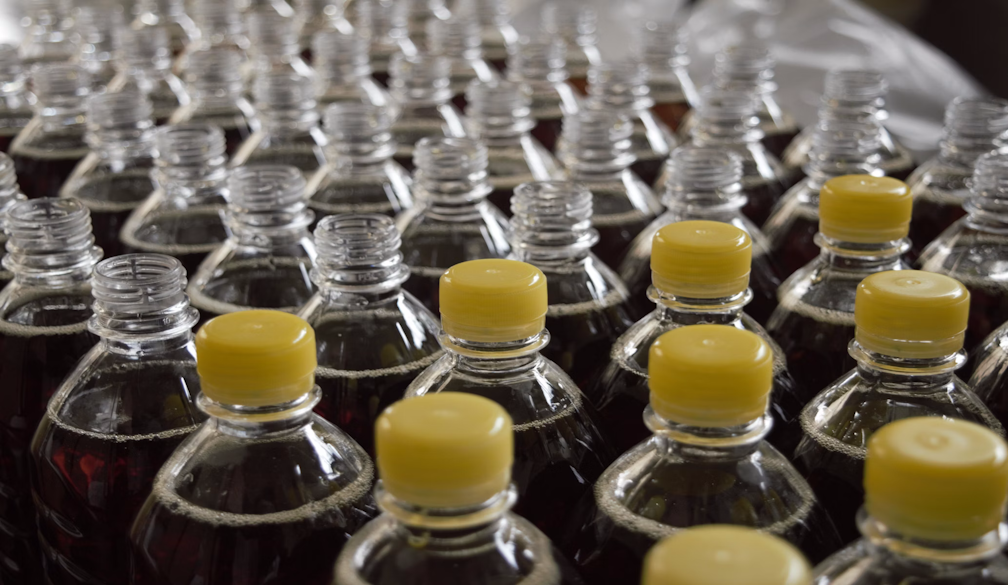Why some migrants in abusive relationships don't receive help, and are deported
- Written by Marie Segrave, Associate Professor, Criminology, Monash University
Earlier this month, Bernadette Romulo, a Philippine immigrant to Australia, made a desperate plea to Home Affairs Minister Peter Dutton to allow her to stay in the country to care for her children.
Bernadette came to Australia 11 years ago with her husband, who held a 457 visa (a temporary skilled-work visa), and two daughters. Following the breakdown of their marriage, Bernadette began a relationship with a Filipino-Australian man, with whom she later had a son. Her partner was abusive, and the relationship ended. During this time, Bernadette remained on a visa connected to her former husband.
But Bernadette’s immigration status eventually became problematic. She is currently on a bridging visa. The only hope she has for a long-term visa to remain in Australia with her 8-year-old son and two older daughters is ministerial intervention.
In this midst of this complex story is the reality of a hidden aspect of family violence: the experience for women on temporary visas. The one section of Australia’s immigration system that protects temporary visa holders who experience family violence – known as the family violence provision – is not accessible to women like Bernadette, because she was not on a partner visa sponsored by the man who abused her.
Unfortunately, Bernadette is not alone.
A little-understood problem
As the law stands, migrants who are not on a specific partner visa – a visa sponsored by an Australian citizen or permanent resident – have no rights or protections when it comes to domestic violence.
The family violence provision was introduced in 1994 (as the Family Violence Exception) and has undergone some minor changes since this time. The family violence provision provides a formal protection mechanism for partner visa applicants (and a limited number of other visas) whose relationships break down due to family violence perpetrated by their sponsors.
By providing a pathway to permanent residency, the family violence provision acts as a safety net to ensure victims of domestic violence are not forced to remain in abusive relationships to stay in the country. Temporary partner visa holders who are eligible can therefore, in theory, access permanent residency as long as their applications meet the evidentiary requirements.
However, this safety net is only available to those on one type of visa.
Just how many temporary visa holders experience domestic violence is unknown. A person’s migration status isn’t recognised as a specified risk factor within the context of family violence risk assessment. The visa types of domestic abuse victims aren’t recorded by police or service providers, either.
Read more: Infographic: A snapshot of domestic violence in Australia
However, an extrapolation of immigration data offers us some idea of the size of the problem. From 2013-17, an average of 36,450 temporary partner visa applications were approved for female applicants each year. Based on data indicating one in four women experience emotional abuse in Australia, it could be assumed that potentially 9,000 women on temporary partner visas experience this kind of abuse each year. One in six Australian women experience physical violence at home, which means that potentially 6,000 women on temporary partner visas are physically abused each year, as well.
Given these estimates, how well does the existing safety net work? What is evident is that the system designed to protect women on temporary partner visas is barely used. As my recent report indicates:
In 2015–16, there were 529 family violence provision applications made by women on such visas, of which 403 were successful – meaning that 403 women were able to access permanent residency via the recognition of family violence being the cause of the relationship breakdown.
This is a small amount compared to the potentially large number of abuse victims in the country.
Opportunities for improvement
While there are a range of reasons why temporary migrant women may not come forward to seek support or assistance, one of the main problems is the immigration system itself. It’s clear that few women are even aware the family violence provision exists, let alone how to access it.
The government should also reconsider its refusal to provide a clear and supported pathway to help those women who are not on temporary partner visas and therefore don’t have access to the provision.
Some critics maintain there will be false claims of abuse if support is too easily available. But it’s important to understand what’s really happening in the immigrant community. For example, some abusers refuse to sponsor women on partner visas, which leaves them vulnerable to continued violence and without access to the safety net.
The Women’s Legal Services Queensland says this means many “women are faced with the horrific choice to stay in violence to protect their children, or leave and know that the family court will not allow them to take the children to safety.”
The lack of financial and accommodation support services for women on temporary visas has been noted repeatedly, specifically in the Victorian Royal Commission into Family Violence and the Not Now, Not Ever Report of the Queensland Special Taskforce on Family Violence.
Australia has also finally put family violence and support for migrant women on the agenda. The Council of Australian Governments’ National Plan to Reduce Violence Against Women and their Children specifically commits to provide better support for temporary residents experiencing violence through appropriate visa arrangements.
However, there is little evidence, to date, that anything substantial has changed.
Read more: Piecemeal responses show Australia still doesn't 'get' domestic violence
For women like Bernadette Romulo, who have no access to the existing safety net, protection remains hard-fought. They must seek help through a migration system not set up to deal adequately with family violence, and then be subject to the whim of ministerial discretion.
While the Department of Home Affairs has considered stepping in to protect women in the past, it’s a lengthy and uncertain route.
As for Bernadette, it remains to be seen if she’ll be granted a reprieve. She met with immigration officials on Thursday to continue her fight against deportation. More than 33,000 people have also signed a petition on change.org on her behalf, entitled, “Peter Dutton: Please don’t tear my family apart”.
“My boy cries himself to sleep every night and having nightmares,” she wrote in a petition earlier this month, “knowing we will soon be leaving him behind”.
Authors: Marie Segrave, Associate Professor, Criminology, Monash University



















